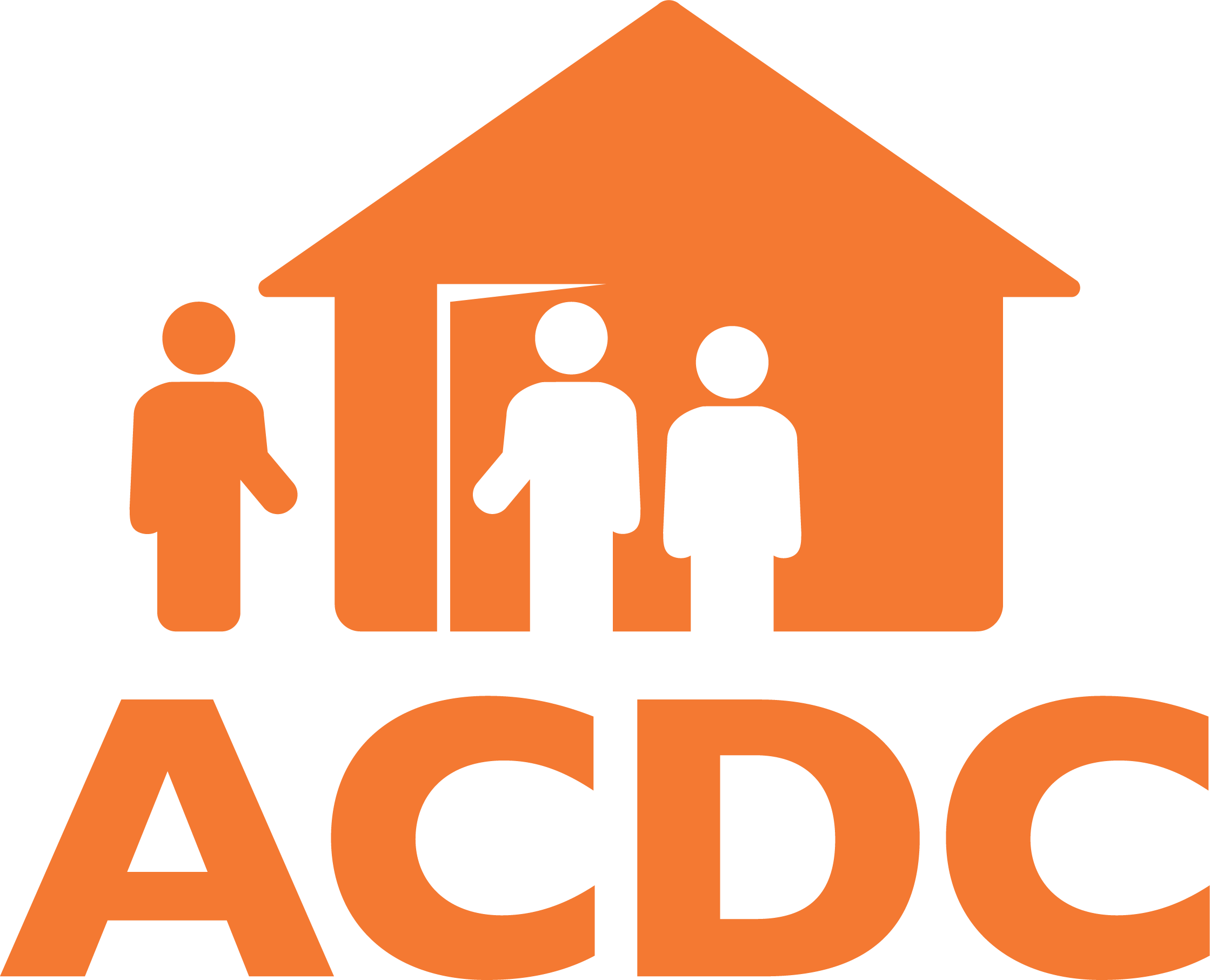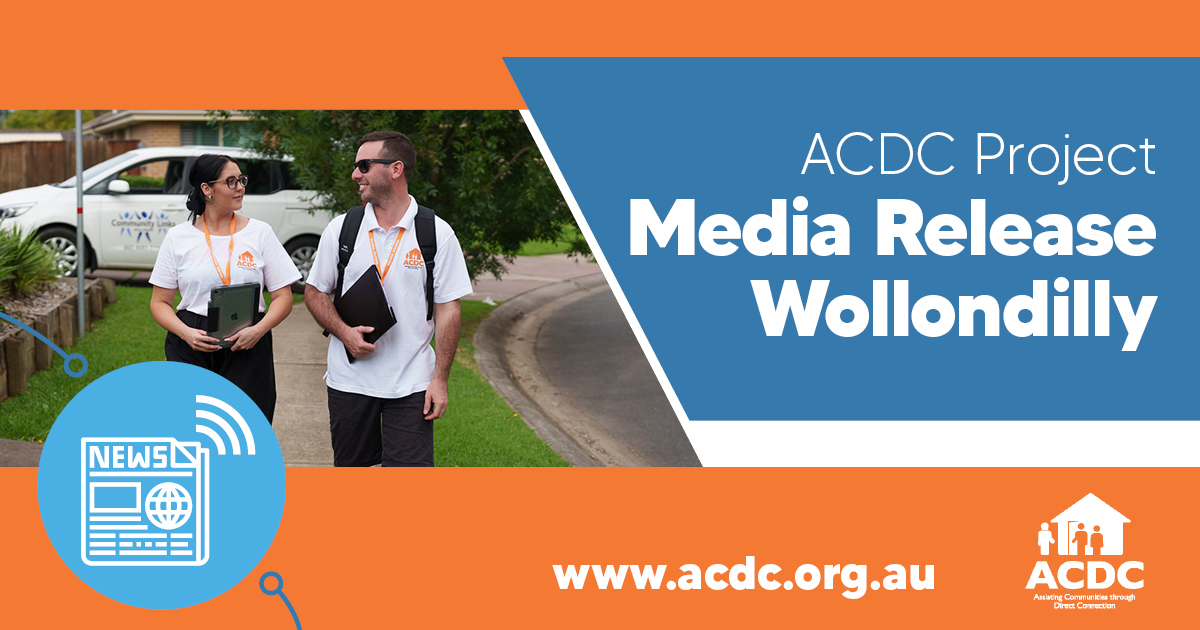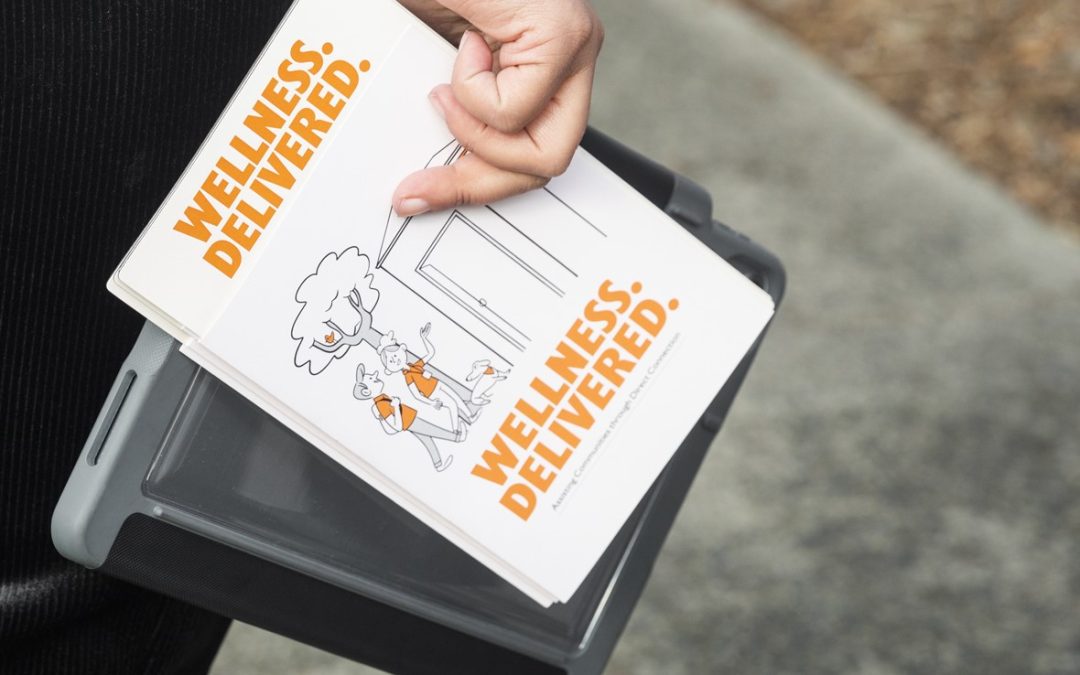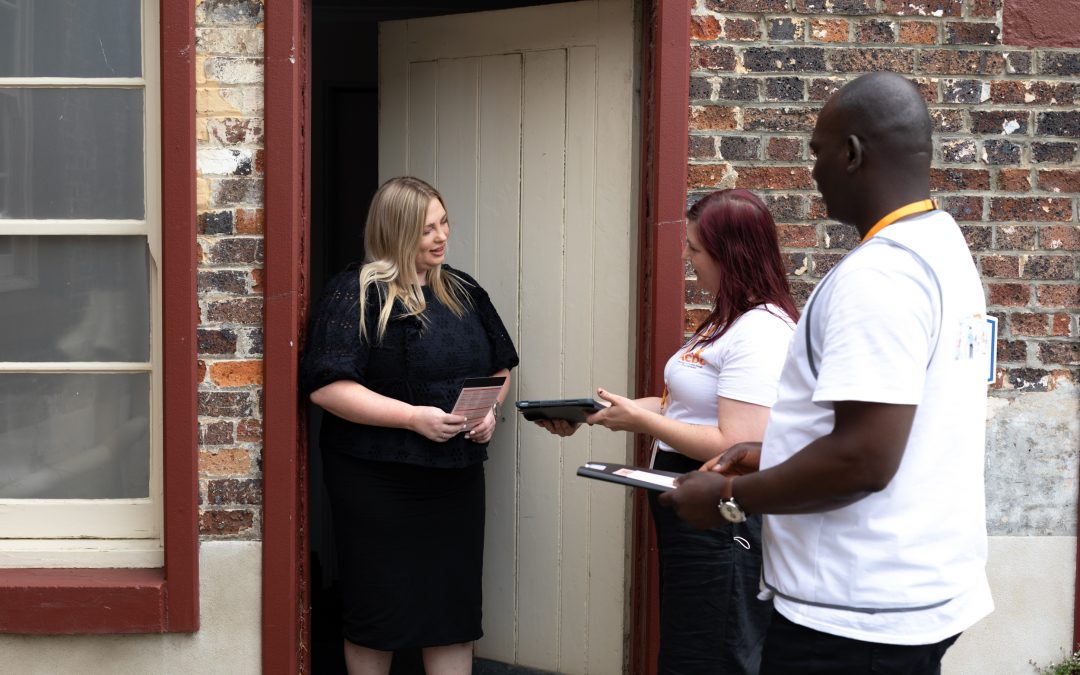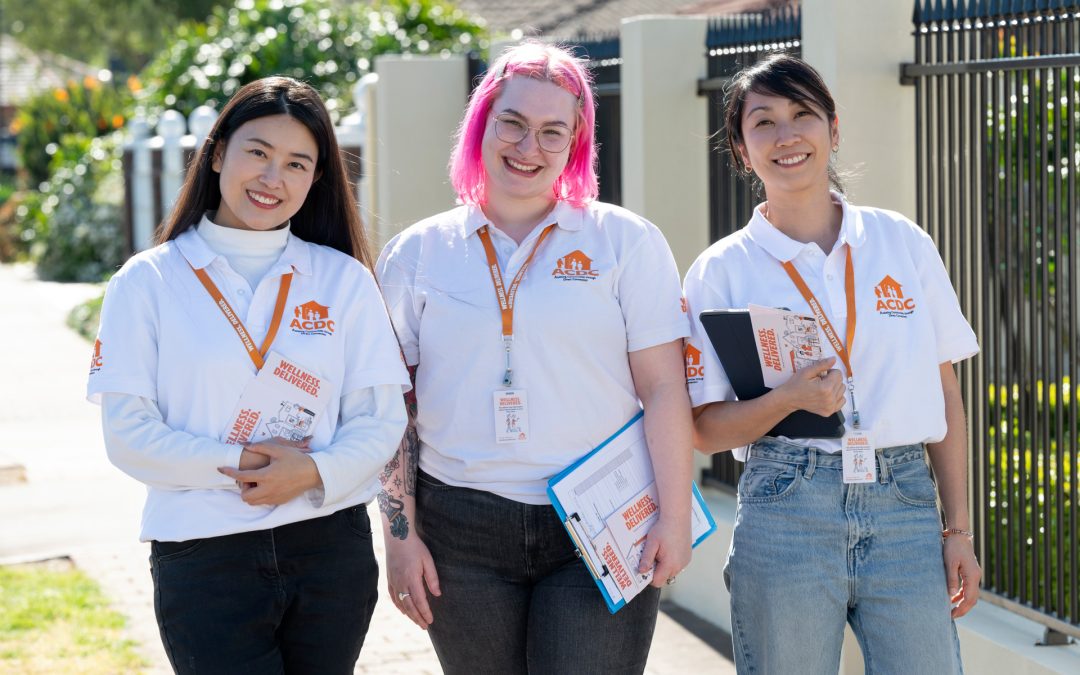Sometimes all it takes is a conversation.
A new project in Tahmoor and Picton aims to talk with community members about their mental health and help link them with wellbeing services in their area.
With the COVID-19 pandemic and natural disasters affecting Australians, the Assisting Communities through Direct Connection (ACDC) project is going door-to-door to check in with locals.
The ACDC Project, run by Community Mental Health Australia (CMHA), is visiting over 20 sites in Australia to improve community wellbeing and collect important data.
“Unfortunately for many reasons people do not want to talk about or even think about their mental health,” says CEO of CMHA, Bill Gye.
“People may prefer to tough it out, hide it from others, or avoid the stigma. The ACDC Project is going directly to households in Australia to engage them in conversation about these important issues.”
CMHA are working with local service provider, Community Links Wellbeing, to doorknock in Tahmoor and Picton from March to June 2022.
The ACDC Project are not typical door knockers. They make contact via friendly ‘People Connectors’ who let people know about the free services available and deliver an information pack with a fridge magnet and brochures.
People Connector, John Borthwick, says the project is desperately needed in the Wollondilly area.
“The last few years have smashed our community and if we are providing locals an opportunity to have a chat about it all, and possibly reach out for help, then I’m all for it.”
“I’m passionate about my community, and the people who live in it. I think if the community can embrace the project like I have, then it can make a real difference for our future,” says John.
The other aim of the ACDC Project is to gather feedback on any service gaps so that improvements can be made by local, state, and federal governments.
ACDC Project Line Manager, Tegan Clift, says hearing from locals about their experiences is vital for long-lasting change.
“We know there are people out there that are struggling in silence. We hope to reach out to many homes in our rural area and invite the community to join in conversations, discussing how they and the community have or have not coped through these difficult few years.”
For each of the communities visited throughout Australia, the ACDC Project will generate data
and information about the reasons why people do not access support from local services.
“I think this project is going to shed light on some massive service gaps in our local area. We are a growing community with more and more diverse and younger families moving out this way, but the availability and access to assistance or services are limited and if this project can highlight this, it may help bring more help to the Wollondilly area,” says John.
The findings of the ACDC Project evaluation report will contribute to discussions about funding for community managed mental health services in Australia, and how the mental health support needs of people in communities are delivered.
It will also evaluate how effective a proactive approach is in reaching, engaging, and resourcing people to connect with services.
“The ACDC Project aims to address a serious problem with mental health services in Australia. Often, people only look for or receive support when they are in crisis. We must be much more proactive connecting and communicating with people about the importance of wellbeing. Prevention and early intervention are far more effective than dealing with people in crisis,” says Bill Gye.
The ACDC Project provides this important information to householders of all educational, cultural and language backgrounds to promote access to mental health, social and emotional wellbeing support.
If the householder is not home a card is left in their letterbox with contact details so they can ask the People Connectors to come back.
The ACDC Project is funded by the Department of Social Services.
For more information go to www.acdc.org.au
END
